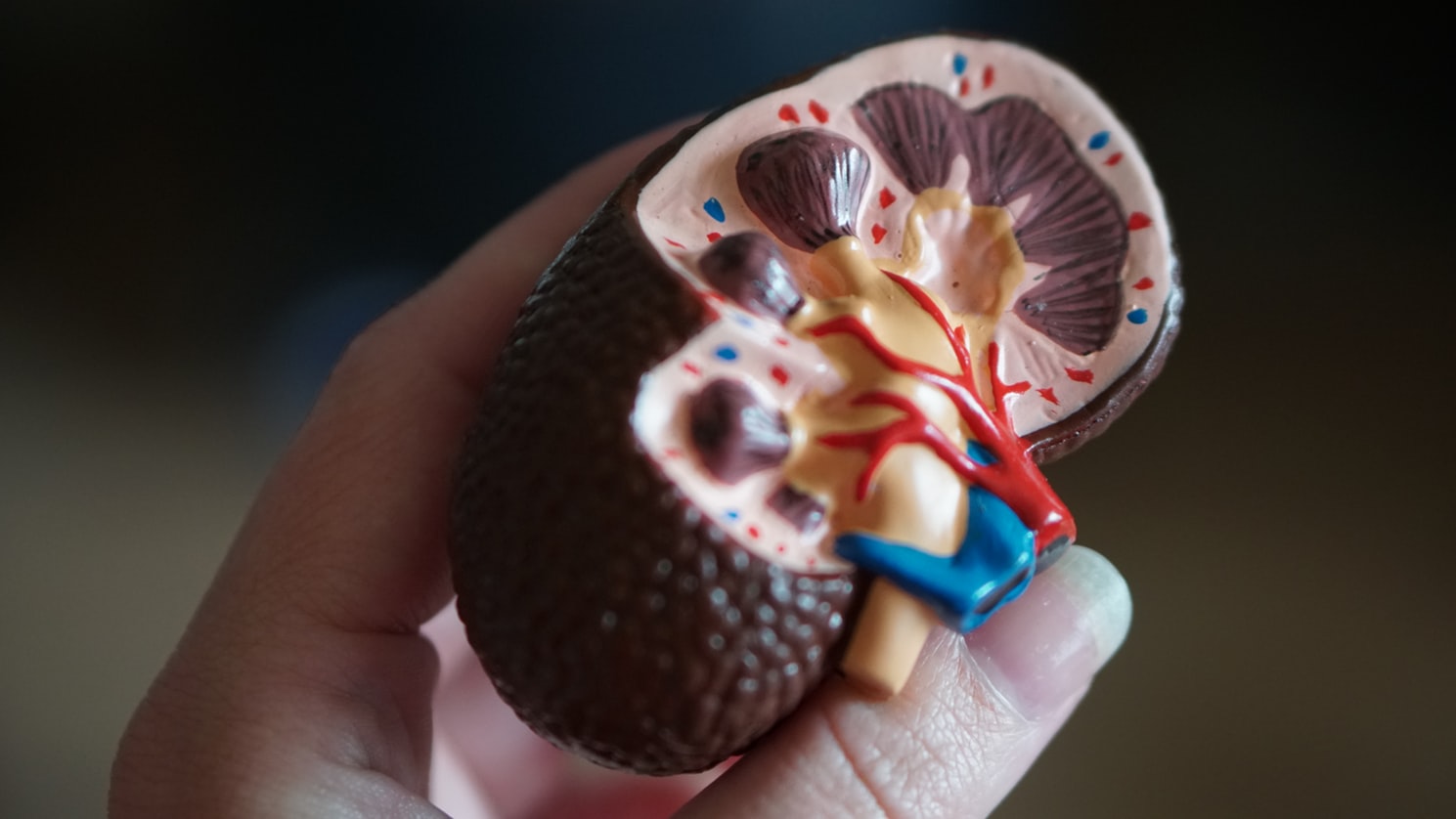 The combined presence of chronic kidney disease and diabetes among women undergoing percutaneous coronary intervention (PCI) is associated with a higher risk of a death or myocardial infarction (MI), research published in EuroIntervention indicates.
The combined presence of chronic kidney disease and diabetes among women undergoing percutaneous coronary intervention (PCI) is associated with a higher risk of a death or myocardial infarction (MI), research published in EuroIntervention indicates.
Study author Alessandro Spirito (Icahn School of Medicine at Mount Sinai, New York, USA) and colleagues assessed pooled patient-level data on women from 26 randomised controlled trials comparing stent types, known as the WIN-DES (Women in Innovation and Drug-Eluting Stents) database.
“Women undergoing PCI sustain poorer clinical outcomes than men, due to their older age and a higher burden of comorbidities, including chronic kidney disease and diabetes mellitus,” the study’s authors write in the introduction to their paper in EuroIntervention.
Their study sought to examine the individual and the combined effects of chronic kidney disease and diabetes on adverse events among women undergoing PCI, using a primary outcome of a composite of all-cause death or MI at three-year follow-up. Secondary outcomes in the study included individual components of the primary outcome, cardiac death, definite or probable stent thrombosis, and target lesion revascularisation (TLR).
Once exclusion criteria were applied, data were included for 4,269 patients who had received first- or current generation drug-eluting stents. Of these patients, 1,822 (42.7%) had no chronic kidney disease (defined as baseline creatinine clearance [CrCl] <60mL/min/1.73m2) or diabetes, 978 (23%) had diabetes mellitus alone, and 488 (11.4%) had both conditions.
The study team observed a significant stepwise increase in three-year rates of all-cause death or MI based on whether patients had neither chronic kidney disease or diabetes (7.2%), chronic kidney disease (11.9%), diabetes (8.8%) or both chronic kidney disease and diabetes (23.4%).
Looking at all-cause death in isolation, the study’s authors reported that this outcome occurred in 2.4% of patients with neither chronic kidney disease or diabetes, 7.6% with chronic kidney disease alone, 4.5% with diabetes or 15.7% with both chronic kidney disease and diabetes, whereas cardiac death occurred at a rate of 1.2%, 4% 2.3% and 10.1% in each of the groups respectively.
Rates of MI were similar between women without chronic kidney disease or diabetes (5.1%), with only chronic kidney disease (5.7%) or diabetes (5.4%), but significantly higher in patients with both conditions (12.4%).
A similar trend was seen in the rate of definite or probable stent thrombosis which, the authors report, was rare in patients without chronic kidney disease or diabetes (1%), or those with only one of the conditions (0.9% among those with chronic kidney disease only, or 1.6% among those with diabetes only), but significantly increased in patients with both conditions (4%). TLR occurred in 5% of women without the two conditions or with chronic kidney disease only, but was significantly increased in patients diabetes only (9.1%), or those with both chronic kidney disease and diabetes (9.4%).
“Our results suggest that poor outcomes in women with either chronic kidney disease or diabetes mellitus are largely driven by those with both coexisting conditions,” Spirito et al write of their observations in EuroIntervention.”
“In aggregate, our observations suggest that even though diabetes mellitus and chronic kidney disease are interrelated and share common pathophysiological mechanisms that lead to accelerated atherosclerosis and enhanced blood thrombogenicity, diabetes mellitus might induce a faster progression of coronary artery disease and be a stronger risk factor for stent-related complications than chronic kidney disease alone,” they add. “However, since the risks of MI and stent thrombosis were not significantly increased in women with chronic kidney disease or diabetes mellitus alone, the higher all-cause and cardiac mortality in these patients is probably explained by sudden cardiac death, heart failure or non-cardiac causes.”
Noting some of the limitations of their findings, the authors write that the data were mostly pooled from randomised controlled trials excluding patients with chronic kidney disease, the prognostic impact of the condition may have been underestimated.
“Among women receiving drug-eluting stents, the combined presence of chronic kidney disease and diabetes mellitus was associated with a higher risk of the composite of death or MI and of any secondary outcome,” Spirito et al write in their concluding remarks. “Each of these conditions alone increased the risk of all-cause and cardiac death, but had no impact on MI or stent thrombosis. In addition, diabetes mellitus alone enhanced the risk of TLR.”










